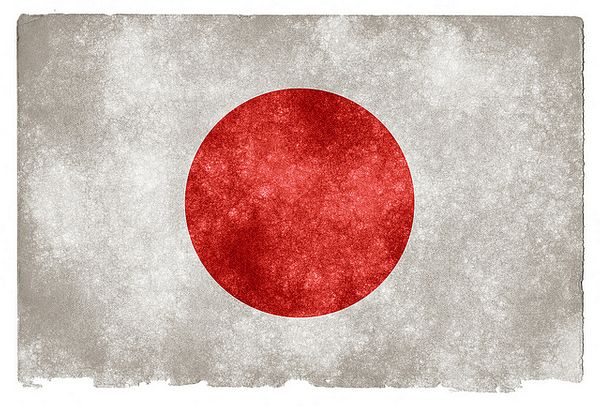Largely drowned out in the deafening background noise of the SARS-CoV-2 pandemic, over the past couple of years, Japan's been making significant strides toward a more open immigration policy, having been greatly expanding its VISA programs recently, and approved allowing some foreign workers to stay in Japan indefinitely, rather than face deportation for the first time, rather than face deportation. This has been seen by many, including the majority of respondents in Japan, and especially college-educated Japanese people, as a significant positive step forward, having been among the least likely to support a reduction in immigration, and among the most likely to support an increase in immigration, of any of the world's developed nations since at least the early 1990s- but as being far too little too late, with Japan having already become too deeply entrenched as an exceptionally unpopular migrant destination to potential migrants, receiving a far lower number of immigrants compared to other G7 countries, especially relative to the size of their own population.

 asia.nikkei.com
asia.nikkei.com

 www.csis.org
www.csis.org

 foreignpolicy.com
foreignpolicy.com

So then, WI Japan had opened its doors to immigration far sooner- say, in the 80s or 90s? For instance, historically, in the late 1980s, the demands of Japanese small business owners and the start of its demographic shift towards an aging, shrinking population gave rise for a limited period to a wave of tacitly accepted illegal immigration, from several other countries. How radically different might Japan's demographics (and economy, and culture, and politics) be if these migrant workers had been invited to come as legal immigrants, and permitted these migrants long-term residency with the threat of deportation greatly diminished (relative to OTL)?

Japan cries 'Help wanted,' but few foreigners heed the call
Just 376 new work visas approved out of first-year goal of 40,000

RESOLVED: Japan Has Not Done Enough to Bolster Immigration
n the seventeenth issue of the Debating Japan newsletter series, the CSIS Japan Chair invited Mina Pollmann and Dr. Naohiro Yashiro to share their perspectives on Japan’s immigration policy since the April 2019 reforms.

Japan Radically Increased Immigration—and No One Protested
To cope with demographic challenges and labor shortages, Japan’s right-wing government has boosted immigration. How did it avoid the political backlash plaguing the West?

Japan’s Changing Immigration and Refugee Policy
Tokyo has long been criticized for restrictive immigration policy. Can it change?
thediplomat.com
So then, WI Japan had opened its doors to immigration far sooner- say, in the 80s or 90s? For instance, historically, in the late 1980s, the demands of Japanese small business owners and the start of its demographic shift towards an aging, shrinking population gave rise for a limited period to a wave of tacitly accepted illegal immigration, from several other countries. How radically different might Japan's demographics (and economy, and culture, and politics) be if these migrant workers had been invited to come as legal immigrants, and permitted these migrants long-term residency with the threat of deportation greatly diminished (relative to OTL)?

